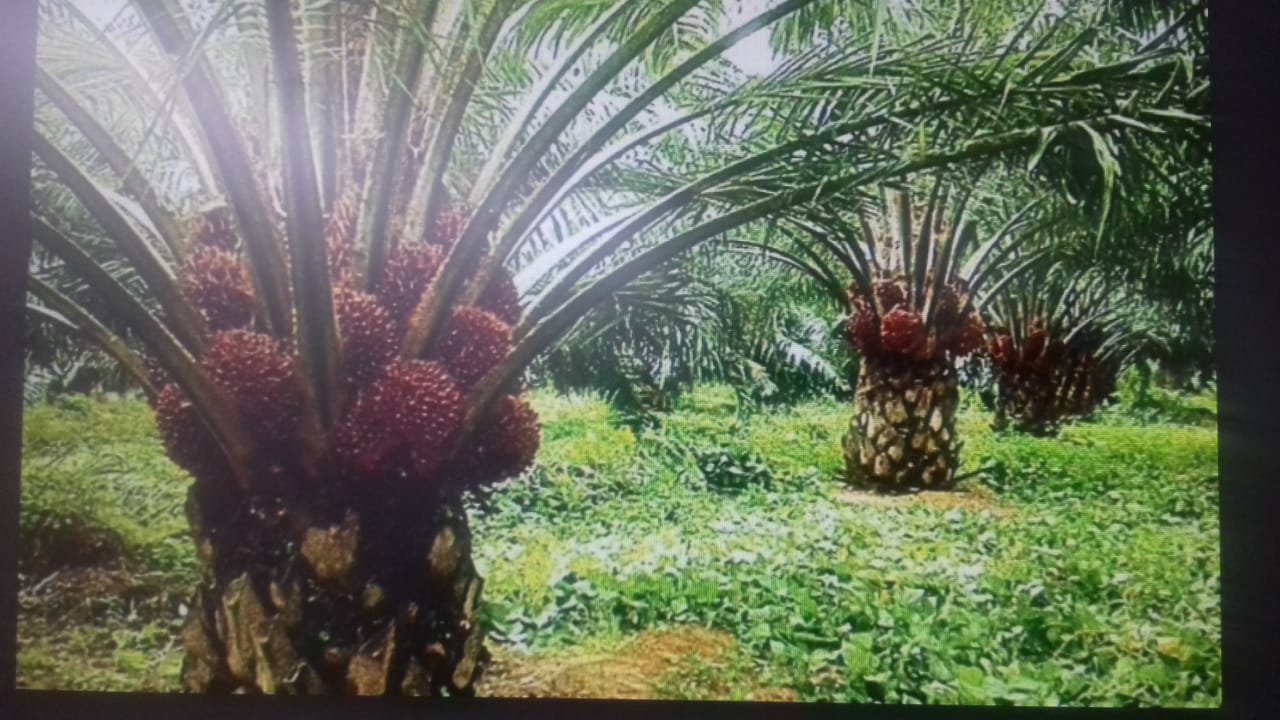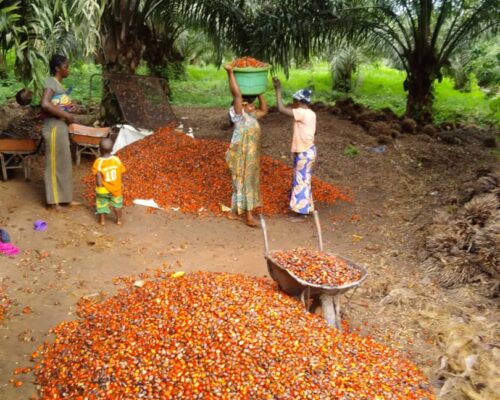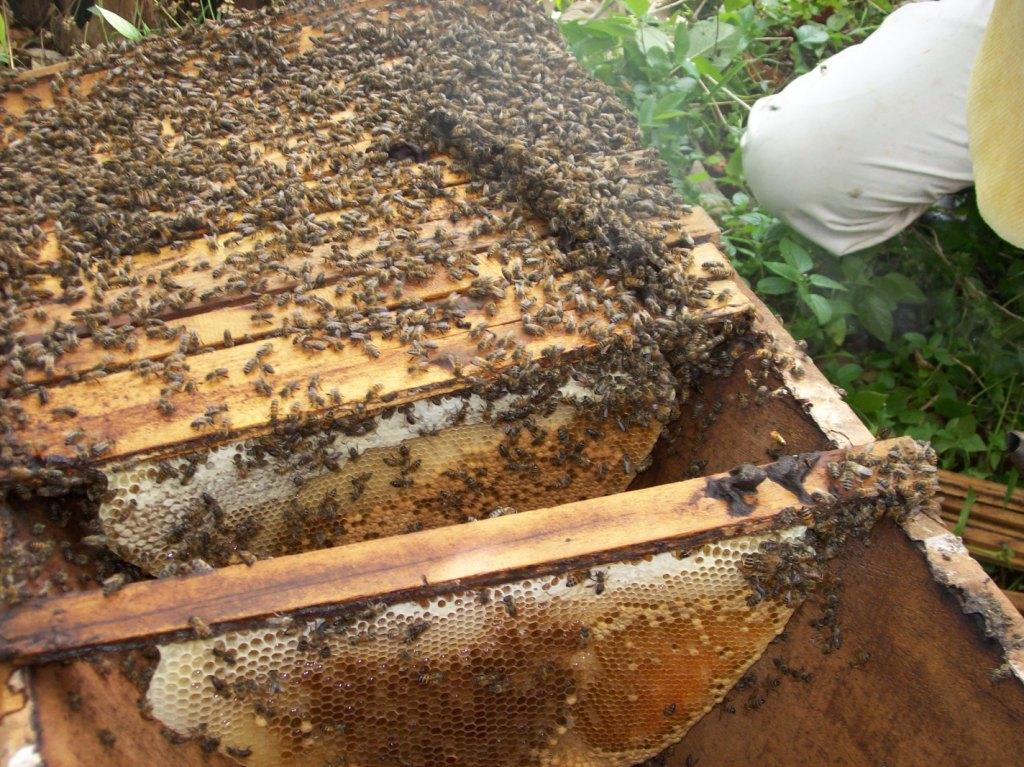Harnessing ecosystem services to promote zero deforestation oil palm plantation development and poverty alleviation in Mapou Njipoute, Cameroon
Mapou Njipoute (5°45’31″N 11°15’20″E) is one of the 24 villages that make up Malentouen subdivision in Western Cameroon. Etymologically, Malentouen means “land of oil palm trees” and oil palms grow there naturally. Located a few kilometers from the Mbam river, the agro-ecological conditions of Mapou Njipoute make it an ideal location for oil palm plantation development. But this development comes at the expenses of the natural forests which are cleared and sometimes burned prior the establishment of the plantations. Deforestation and poverty are rampant in Mapou village and more than 95% of the population lives on less than US$1 a day. The elites from the village who have moved to the cities in search of a better life established a small palm oil plantation in 2014 for the benefit of the community.

In addition to palm nuts which produce oil, the oil palm trees produce considerable amount of pollen during the flowering period which occurs almost year-round. If carefully organized, the thousands of honeybees foraging these flowers can channeled these resources into beehives and produce considerable amount of organic honey, hence adding value to the plantation. Unfortunately, the community lacks the technical capacity in beekeeping and the equipment to tap into this valuable ecosystem services to improve their livelihoods and reduce deforestation.
The project on harnessing ecosystem services to promote zero deforestation oil palm plantation development and poverty alleviation brings two solutions to the problem:
- Firstly, introduce a small-scale palm nuts processing machine to increase the yield of the existing community palm oil plantation; and
- (ii) Secondly, it will introduce beekeeping as a business to the local community by building knowledge and local capacity to bring the hundreds of thousands of honeybees foraging the palm trees for pollen to produce organic honey to add value to the plantation.

The plantation has started to produce palm nuts from which palm oil are extracted for household consumption and trade. But because the community is using traditional methods to extract the oil from the nuts, more than an estimated 70% of the crop is lost through this transformation process. The plantation is therefore falling short of meeting the subsistence needs of the community which is now planning to expand the plantation into the nearby virgin forests. This expansion is not halted will lead to clearing more forested areas and further deforestation resulting in the release of CO2 into the atmosphere, hence exacerbating global warming and climate change. Indeed, when trees are cut down and burned or allowed to rot, their stored carbon is released into the air as carbon dioxide and this is how deforestation and forest degradation contribute to global warming and climate change. People are fully aware locally of the changing climate as testified by changes in the rainfall patterns and raising temperature with direct negative impacts on their crops.


The team of ACDEF Cameroon and partners wholeheartedly invite you to join in this venture to demonstrate that the people of Mapou Njipoute can live decently by using their natural capitals in ways that allow them to earn better income while contributing to the fight against climate change locally and globally. Indeed, we are offering to increase the yield of palm oil from the existing plantations through improving the process of oil extraction. At the same time, we are tapping in the power of nature or ecosystem services by bringing honeybees foraging the flowers in the plantation to work for the people of Mapou Njipoute through modern beekeeping and honey production. Using an evidence-based approach and our impact monitoring framework, we are drawing lessons which undoubtedly will be replicated in the remaining 23 villages that make up the “Land of Oil Palm”.

 Join
Join